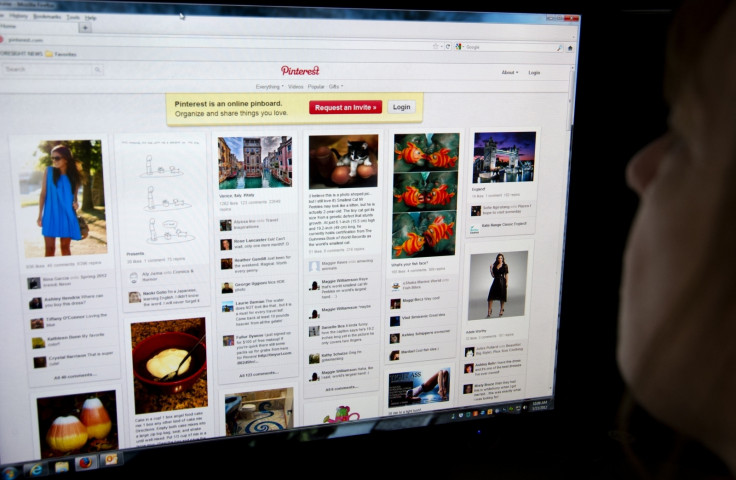Pinterest says it was used to share thousands of Russia-linked political posts during 2016 US election
The site said it became a repository for thousands of political posts created by Russian operatives.

Pinterest, the popular social media site known for bookmarking recipes, fashion ideas, home decor and inspirational quotes, was also sued to share Russia-linked political posts during the 2016 US presidential election. The site admitted it became a repository for thousands of political posts created by Russian operatives seeking to sway public opinion and influence the election, the Washington Post first reported.
Although the political posts were not posted directly to the site by the Russian operatives, they did spread via users who shared the content and "pinned" them to their Pinterest board.
"We believe the fake Facebook content was so sophisticated that it tricked real Americans into saving it to Pinterest," Pinterest head of public policy Charlie Hale told the Post. "We've removed the content brought to our attention and continue to investigate."
Pinterest is the latest in a slew of technology giants that were unknowingly exploited by Russia's disinformation campaign to influence the election.
Over the past few months, Facebook, Twitter and Google have come under scrutiny over the role they unwittingly played in the spread of fake news, hoaxes and disinformation during the race to the White House.
Many critics have argued that the dissemination of fake news online may have helped Donald Trump win the election. Multiple congressional committees, along with an independent Justice Department probe led by FBI Special Counsel Robert Mueller, are currently investigating Russian interference in the election and alleged collusion between Trump's team and Moscow.
Last month, Facebook admitted it sold $100,000 (£74,744) worth of ads to inauthentic likely linked to Russia from June 2015 to May 2017. It later handed over 3000 ads to congressional investigators. The social media network was also reportedly used by Russian operatives to remotely organise anti-immigrant protests and pro-Trump rallies on US soil as well. The company said about 10 million Facebook users saw the ads purchased by the Kremlin-linked Internet Research Agency.
Facebook has since vowed to make its ad policies more transparent, particularly its political ads, and will introduce multiple measures to safeguard election integrity.
Twitter disclosed that it banned 200 accounts linked to the Internet Research Agency used to spread propaganda. Google also said that Russian operatives bought thousands of dollars worth of ads on YouTube, Google search and Gmail.
More than 2,000 images tied to the Internet Research Agency were found on Pinterest as well.
"They've gone to every possible medium and basically turned it into a sewer," Jonathan Albright, research director of the Tow Center for Digital Journalism at Columbia University who discovered the Russian content on Pinterest told the Post.
© Copyright IBTimes 2025. All rights reserved.





















